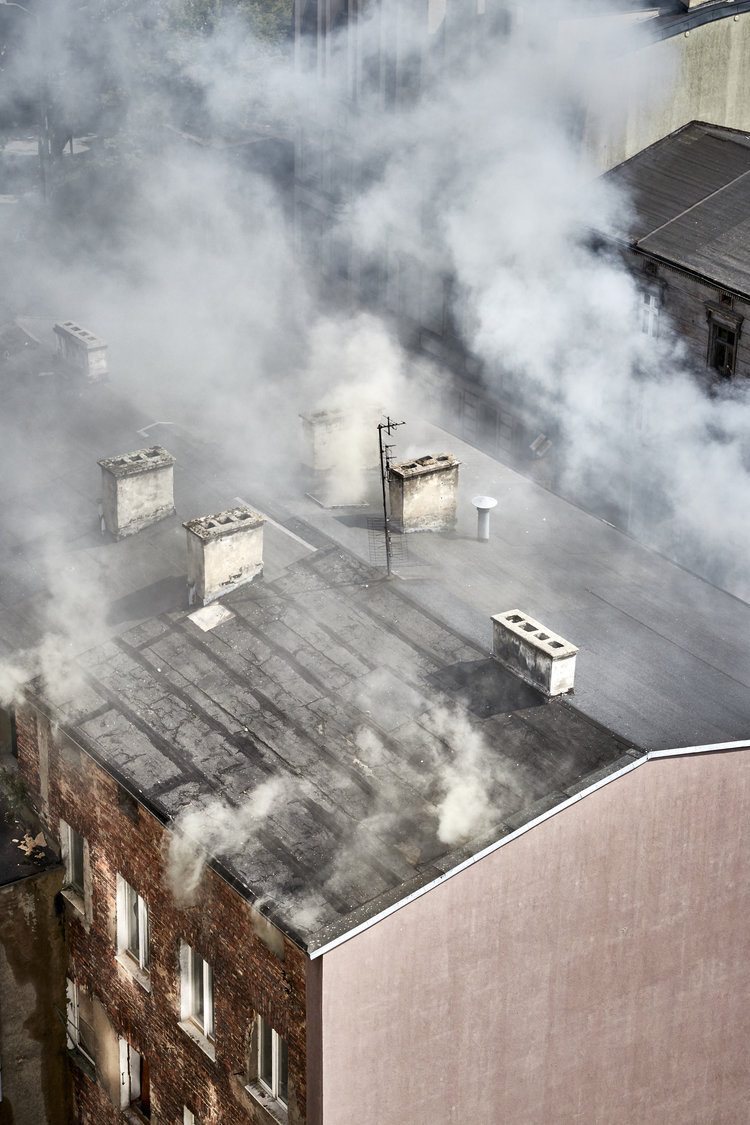
Fire insurance is property insurance that provides coverage for loss or damage to a structure damaged or destroyed in a fire. Homeowner’s insurance usually covers fire damage but it may be capped at a rate that is less than the cost of the losses accrued, necessitating a separate fire insurance policy. It is crucial to understand your policy coverages prior to sustaining a loss to ensure you have adequate coverage.
When it comes to fire damage, homeowner’s insurance typically helps pay for repairs to your home, unattached structures on your property and your belongings. Here’s a look at how each type of coverage may help:
If a fire results from a dramatic action such as a lightning strike, or a mundane cause such as a pot boiling over on the stove, home insurance will cover it. In Northern California, wildfires are a frequent threat, but homeowner’s insurance usually provides coverage when such fires consume a home. In addition to the dwelling, homeowner’s insurance policies cover fire damage to outbuildings on the property. Policies have deductibles, but these are generally in the $500 to $1,000 range.
While your policy should include the cost of rebuilding your home after a fire, if you have a lot of valuables in your house, such as art, antiques and jewelry, you should purchase a rider to cover these high-priced items because standard homeowner’s insurance policies set limits on what they pay out for personal property losses. It is also crucial that you inventory your belongings, keeping the records in a safe deposit box or storing the photos online so that you can prove you owned these items. Keep receipts for expensive items in the safe deposit box as well.
The most important thing to do is make sure your home fire insurance coverage limits can cover you in the event of a total loss. Here are a few simple tips:
Unfortunately, there are certain types of fire damage that homeowner’s insurance won’t cover. If the investigation points to arson caused by the homeowner, the insurance likely won’t cover the loss. Arson, a criminal offense, is sometimes used by those who want the insurance money for their building. Although homeowners generally realize they there’s no coverage for deliberately set fires, they may not understand that if a property they own is vacant, the insurance company may also refuse to cover the damage. As a general rule, a home qualifies as unoccupied if no one has lived in it for 30 consecutive days. However, vacant home insurance is available as an endorsement to the standard policy, so homeowners can cover vacation homes and other dwellings that are empty for long periods.
Los ejemplos y la perspectiva de este artículo son la opinión de Claim Ally. Claim Ally no ejerce la abogacía ni brinda asesoramiento legal.